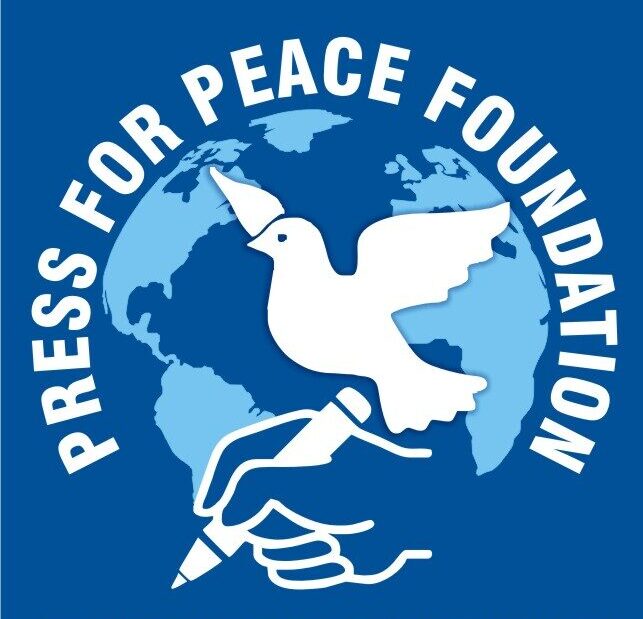Mirza Rohail Baig
Germany is the richest country in Europe and has a strong economy, but despite this, 12.5 million people in Germany are considered poor, meaning their income is so low that they cannot participate in social life. In Germany, the poorest is considered to be those whose monthly income is less than 60% of the average income of average German citizens. The number of poor pensioners has increased by 50% in recent years. Such seniors are now making the most of free food delivery centers across Germany. One study found that one in five children in Germany lives in poverty. Nearly one million children in Germany loop live in poverty. According to statistics, one in seven children is in need of government-sponsored social assistance. According to experts, the global epidemic of the Corona virus has further aggravated the situation. According to the World Economic Forum, the Corona epidemic has pushed 32 million people into extreme poverty
Over the years, efforts have been made to eradicate poverty around the world. According to the report of international organisations, the number of poor people in the world is close to 3 billion, whose daily income is less than two and a half dollars. According to a World Bank report, 60% of Pakistan’s population lives below the poverty line. India and Bangladesh have far more poverty than Pakistan. India is one of the poorest countries in the world in terms of population, amenities, and basic needs. Unemployment, inflation, and illiteracy are the biggest problems in Pakistan. Contrary to government claims, poverty has increased rather than decreased in recent years. The Pakistani government has been trying to improve the country’s economic situation on its own, but these efforts do not seem to be very successful. One aspect of inflation is “food inflation”. The government should pay special attention to this. The affluent class in Pakistan probably spends twenty to thirty percent of their income on food. But a large number of middle- or lower middle class citizens spend seventy to eighty percent of their income on food, just to survive. When food prices rise sharply, the low-income group begins to fall below the poverty line.
The greatest tragedy of the 21st century is that the rich are getting richer and the poor are getting poorer. Inadequate social distribution of resources leads to poverty, anxiety, frustration, and chaos in society, and then unemployment and other such factors lead to an increase in theft, murder, fraud, and other crimes in society. Poverty is the root of crime. There are two urgent steps that need to be taken in Pakistan. One is that the government should somehow increase the purchasing power of the common man, and the people should have more usable financial resources. There is no shortage of talent or manpower in Pakistan. Basically, we have lost the ability to use it. There is a need to work in the wider interest of those trapped in poverty today. Small industry can eradicate poverty; we have to create a culture of small industry in the country. Poverty will be eradicated when new jobs are created, more financial resources are available to the people, and inflation is kept under control. If these three factors are not controlled, social chaos and poverty will increase. Poverty is related to income. Income must be high to end poverty. For this, government policies must be accurate and effective. The farmer cannot eat much of what he grows because he has to sell it. Most of the poor’s income is spent on food. There is nothing left for treatment. That is why such citizens either die of starvation or disease. The government will have to make urgent efforts to eradicate poverty from the country and raise the living standards of the people.
About the Author:
Mirza Rohail Baig is a German based Pakistani Journalist and Lawyer. He has Studied Law from Punjab University. He writes articles on International relations in Urdu, English and German Newspapers. His book in Urdu “ Column Kahani ” on Pak-German relations has been published.


